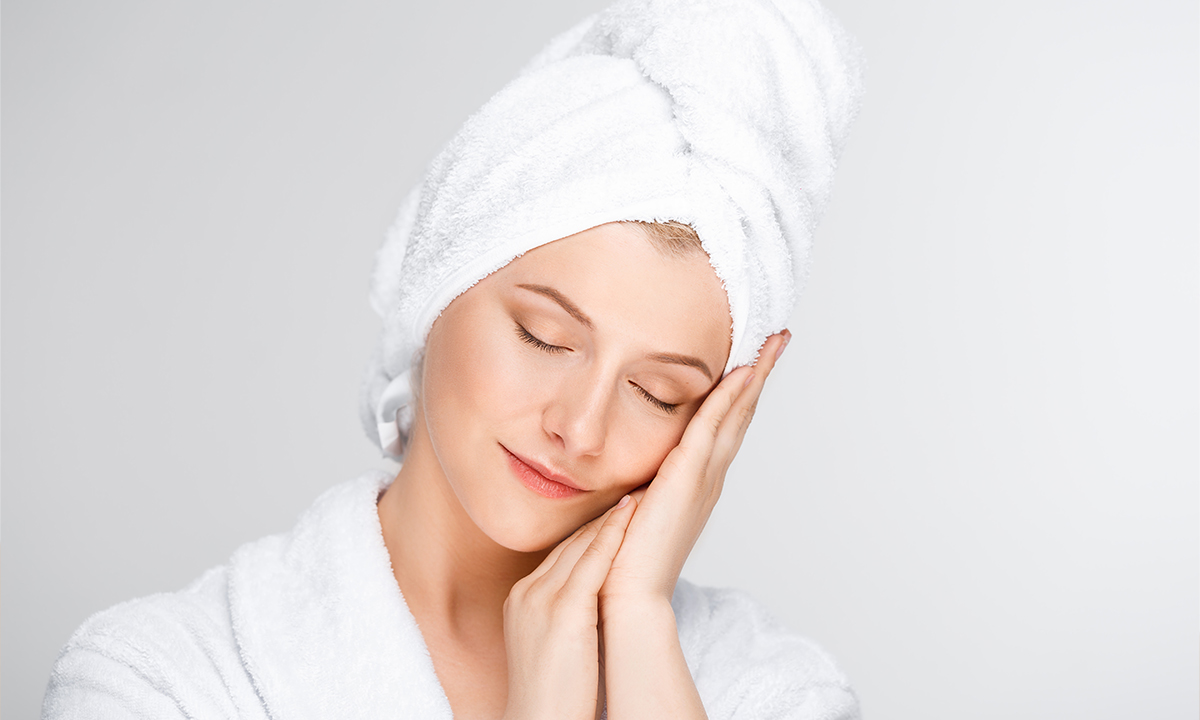How to Treat Body Acne Effectively and Naturally?
Body acne is a common yet often overlooked skin condition that can cause discomfort and affect an individual's self-esteem. Knowing how to treat body acne effectively is crucial, not just for aesthetic reasons, but also for maintaining overall skin health. This article serves as a valuable resource specifically for beauticians who want to enhance their knowledge and offer effective solutions for body acne to their clients.
One of the first steps in addressing body acne lies in understanding its causes. Body acne can manifest due to a variety of factors including hormonal changes, excessive sweating, and the use of certain products on the skin. By grasping these dynamics, beauticians can offer tailored treatment plans that suit their clients' unique skin needs.

Understanding Body Acne
Before diving into treatment options, it's vital to understand what body acne is. Similar to facial acne, body acne occurs when hair follicles become clogged with oil, dead skin cells, and bacteria. Common areas affected include the back, shoulders, chest, and arms. Beauticians should educate their clients about these factors to help them understand the importance of effective treatment.
Causes of Body Acne
There are several common causes of body acne that beauticians need to be aware of:
- Hormonal Changes: Fluctuations in hormones can trigger excess oil production.
- Tight Clothing: Wearing tight or non-breathable fabrics can trap sweat and bacteria.
- Poor Hygiene: Infrequent bathing or inadequate cleansing can exacerbate acne.
- Diet: Foods high in sugar and dairy may contribute to acne in some individuals.
How to Treat Body Acne: Techniques for Beauticians
Beauticians can adopt a multi-faceted approach when treating body acne. Utilizing the right products and techniques will significantly enhance treatment effectiveness.
1. Exfoliation
Regular exfoliation is essential for maintaining clean and clear skin. This process helps remove dead skin cells, thereby preventing clogged pores. Two types of exfoliation can be beneficial:
- Physical Exfoliation: Using scrubs that contain natural ingredients can provide an abrasive effect to remove dead skin.
- Chemical Exfoliation: Products containing salicylic acid or glycolic acid can assist in deep pore cleansing.
2. Choosing the Right Cleanser
A good cleanser will help keep the skin free from excess oil and bacteria. Use a gentle, non-comedogenic body wash containing active ingredients like benzoyl peroxide or tea tree oil. These ingredients not only cleanse but also target acne effectively. If you're interested in recommendations for body washes, check out this article on body acne treatments.
3. Moisturize
Just because the skin is acne-prone does not mean it should be deprived of moisture. Beauticians should recommend oil-free, non-comedogenic moisturizers that hydrate the skin without clogging pores.
4. Spot Treatment Solutions
For targeted treatment, benzoyl peroxide and salicylic acid spot treatments can be effective limbs in the acne-fighting toolkit. These products target individual blemishes without causing undue dryness to surrounding skin.
Lifestyle Changes to Support Treatment
Encouraging clients to make certain lifestyle changes can significantly enhance the effectiveness of topical treatments. Here are a few recommendations:
- Wear Breathable Fabrics: Advise clients to opt for sturdy, breathable fabrics that allow for better air circulation.
- Stay Hydrated: Drinking plenty of water is essential for maintaining skin health.
- Limit Sugar Intake: Suggest reducing sugar-rich foods that may contribute to acne flare-ups.
When to Seek Professional Help
If clients find that their body acne does not improve with over-the-counter treatments, recommend they seek professional care. A dermatologist can provide tailored treatments such as prescription medication, chemical peels, or laser therapy. They can also offer insights into conditions like psoriasis, which can sometimes mimic body acne symptoms. For further information on skin conditions like this, visit psoriasis medication.
Challenge of Body Acne
It is crucial to manage expectations when it comes to treating body acne. Some clients may experience significant improvements while others may need ongoing treatment. Empower your clients by educating them about skin health and encouraging them to remain patient.

FAQs about Body Acne
1. How long does it take to see results from treatments?
Results may vary based on skin type and treatment regimen. Typically, visible improvements can be noticed in 4-6 weeks.
2. Can diet affect body acne?
Yes, certain foods can exacerbate body acne in susceptible individuals. It may help to maintain a balanced diet while avoiding known triggers.
3. Is it safe to use facial products on the body?
While some facial products are safe for the body, it's crucial to ensure they are labeled as body-safe to prevent irritation.
For anyone seeking further insights into body acne, check out this WebMD article on body acne. With the right knowledge and tools at your disposal, you can effectively help your clients navigate their body acne issues.

